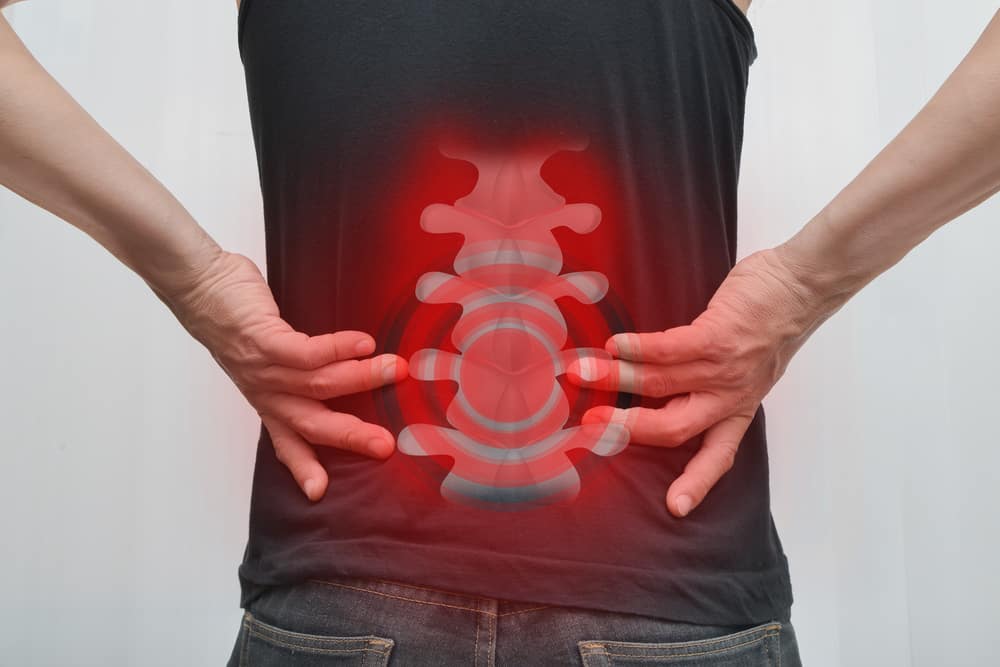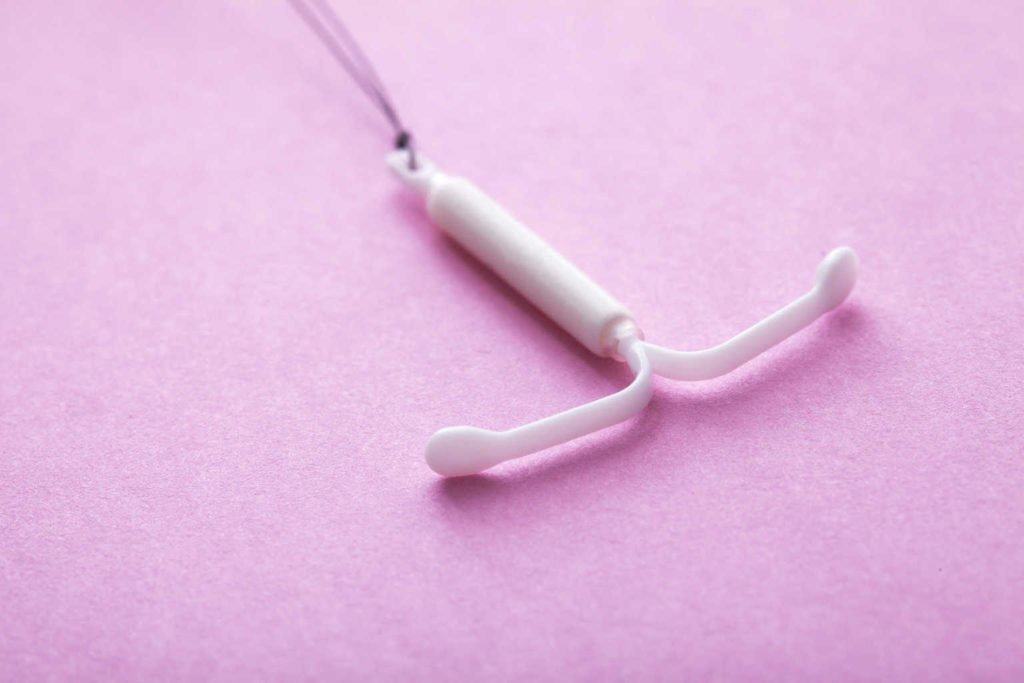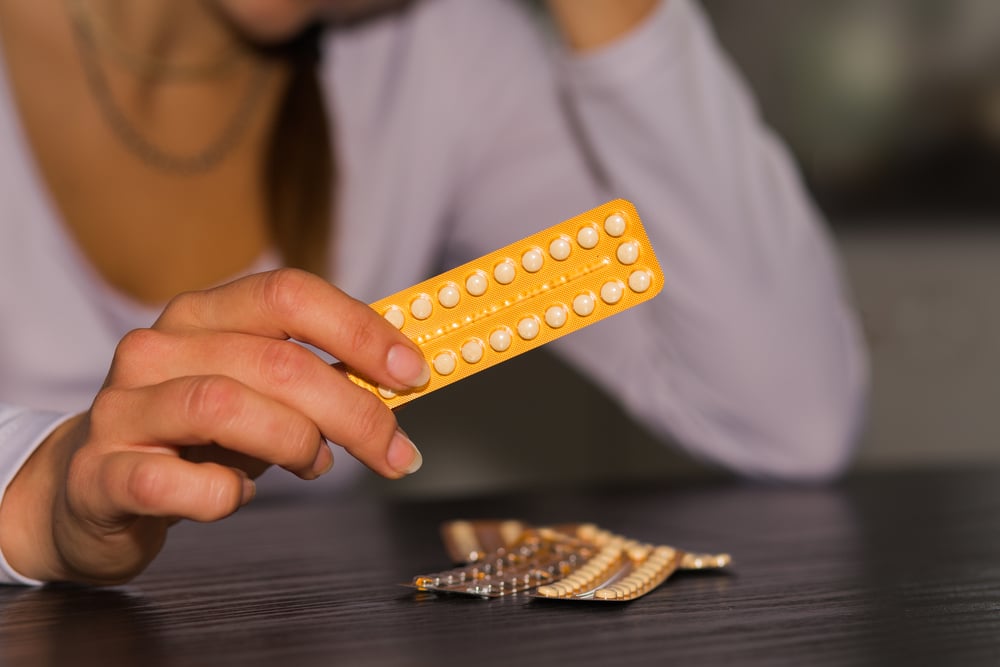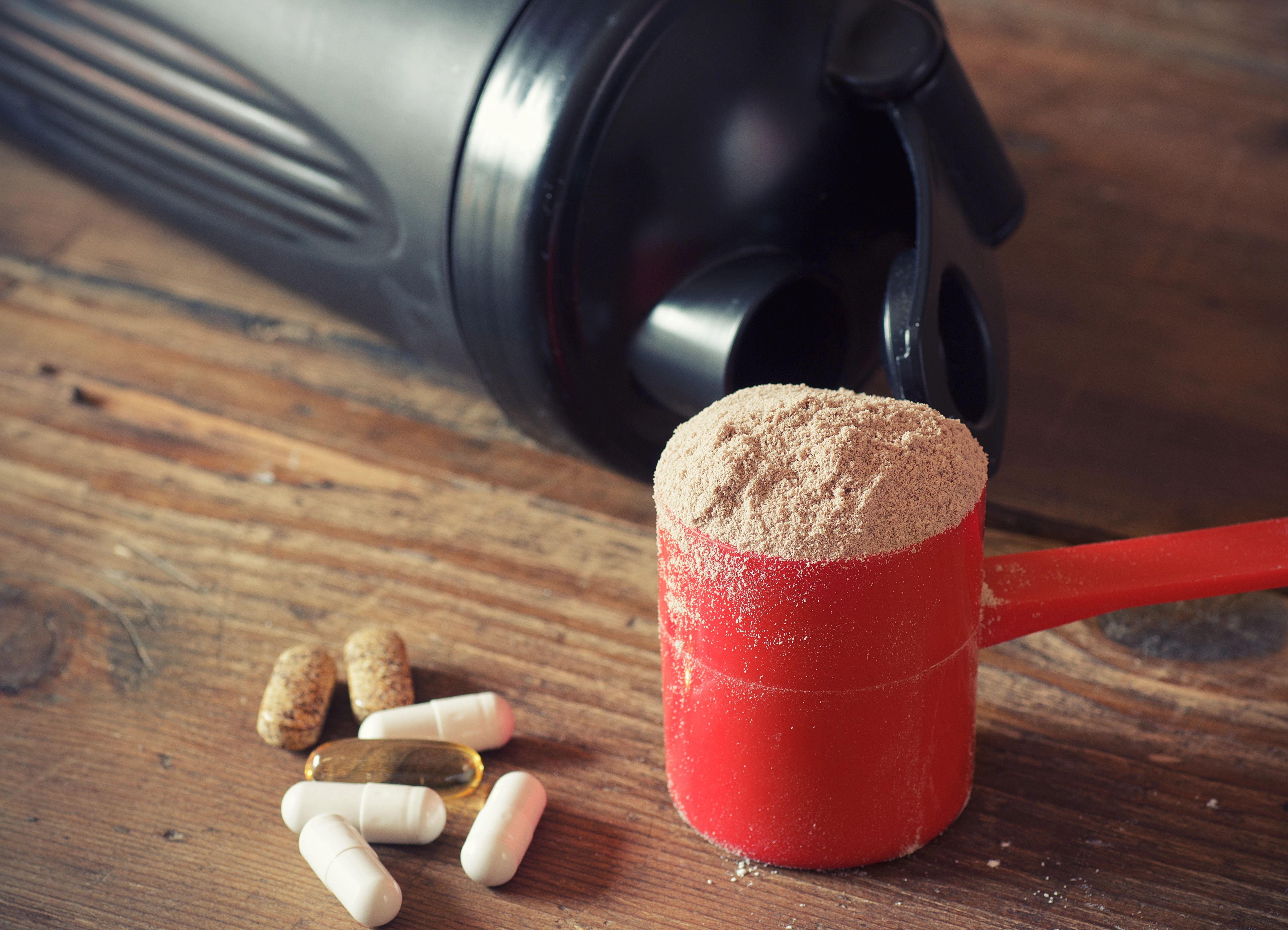Contents:
Medical Video: IgA Nephropathy - Mayo Clinic - New Treatment Option
1. Definition
What is nephropathy?
Kidney disease or kidney damage that occurs in diabetics is called diabetic nephropathy. This condition is a complication of diabetes.
When our body digests the protein we consume, the process produces waste products. In the kidney, millions of thin blood vessels (capillaries) have thinner holes in them that act as filters. When blood flows through blood vessels, small molecules that act as waste products are released through the hole, and the waste product is released in the form of urine. Useful substances, such as proteins and red blood cells, are too large to pass through filter holes so that they remain in the blood.
Diabetes can damage this system. High blood sugar levels make the kidneys filter too much blood. This extra work makes it difficult for filters. After several years, the filter will be damaged and beneficial proteins will disappear in the urine. Low protein levels in urine are called microalbuminuria.
If kidney disease is diagnosed early, during microalbuminuria, some treatments can prevent worsening kidney disease. While large amounts of protein in the urine are called macroalbuminuria. When kidney disease is found after macroalbuminuria, it is usually followed by end-stage kidney disease, or ESRD.
When stressed due to excessive work, the kidneys lose their filtering ability. Waste products then begin to form in the blood. Finally, kidney failure occurs. This failure is a very serious disease. Someone who has kidney failure must undergo a kidney transplant or blood filtration machine (dialysis)
What are the signs and symptoms?
There are no symptoms in the early stages of diabetic nephropathy. If you have kidney damage, you may have a small amount of protein that leaks into the urine (albuminuria). Usually, protein is not found in urine except during periods of high fever, strenuous exercise, pregnancy, or infection.
Not everyone with diabetes will experience diabetic nephropathy. In people with type 1 diabetes, diabetic nephropathy is more likely to develop when 5 to 10 years or more after a diabetes attack. People with type 2 diabetes may know that in their urine there is a small amount of protein at the time diabetes is diagnosed, because they may have diabetes for several years.
When diabetic nephropathy lasts, the kidneys cannot do their job. They cannot cleanse toxins or drugs from your body and they cannot balance chemicals in the blood properly. You might:
- Losing more protein in your urine
- Have high blood pressure
- Has high cholesterol and triglyceride levels
You may experience symptoms of worsening nephropathy. These symptoms include:
- Swelling (edema), first in the legs and calves and then spread throughout your body
- Poor appetite
- Weight loss
- Weakness
- Feel tired
- Nausea or vomiting
- Sleep problems
If the kidneys are badly damaged, blood sugar levels can go down because the kidneys cannot remove excess insulin or filter oral drugs that increase insulin production.
2. How to overcome them
What should I do?
An important treatment for kidney disease is strict control of blood glucose and blood pressure. Blood pressure has a dramatic effect on disease progression. Even mild increases in blood pressure can quickly worsen kidney disease. Four ways to lower your blood pressure include losing weight, eating less salt, avoiding alcohol and tobacco, and exercising regularly.
You can also slow down kidney damage by controlling blood sugar levels, which you can do with:
- Eat healthy food
- Do regular exercise
- Take medication or insulin as instructed by your health care provider
- Check your blood sugar levels as often as you are told and keep a record of your blood sugar so you know how food and activity affect your level of diabetes
When do I have to see a doctor?
Contact your doctor if you have diabetes and you have not undergone a urine test for protein examination.
3. Prevention
The best way to prevent diabetic nephropathy is to control your blood sugar. In addition, blood pressure should be monitored frequently, and blood pressure must be kept below the peak level (systolic pressure, "above" the amount of blood pressure) of 130 millimeters of mercury (mmHg), and continue below the lower number (diastolic pressure) of 80mmHg. This desired blood pressure number is lower than the numbers used for people who do not have diabetes.
Two types of blood pressure medications can protect kidney damage in a way that lowers your blood pressure. Everyone who has diabetes and who also has high blood pressure must regularly take one of these drugs. These drugs come from a group of drugs called angiotensin-converting enzyme inhibitors (ACE inhibitors), including lyinopril (Zestril, Prinivil), enalapril (Vasotec), moexipril (Univasc), benazepril (Lotensin) and others, or from groups drugs called angiotensin receptor (ARB) blockers, including losartan (Cozaar), valsartan (Diovan), and others.
Avoid using drugs that can sometimes have dangerous side effects on the kidneys. If you have severe kidney disease, your doctor may advise you to avoid pain medications in non-steroidal anti-inflammatory drugs (NSAID groups) such as ibuprofen.
Low protein diets (10% to 12% or less of total calories) can also slow or stop the development of kidney disease. If you smoke, you must stop smoking.











